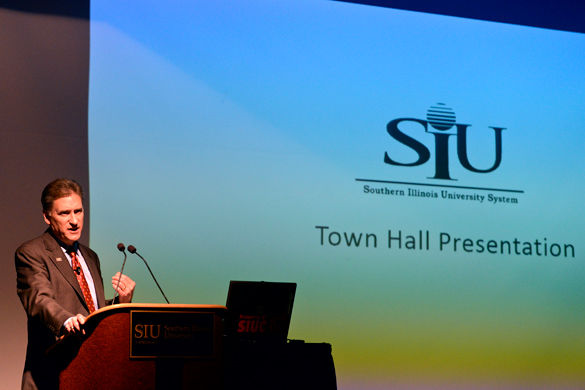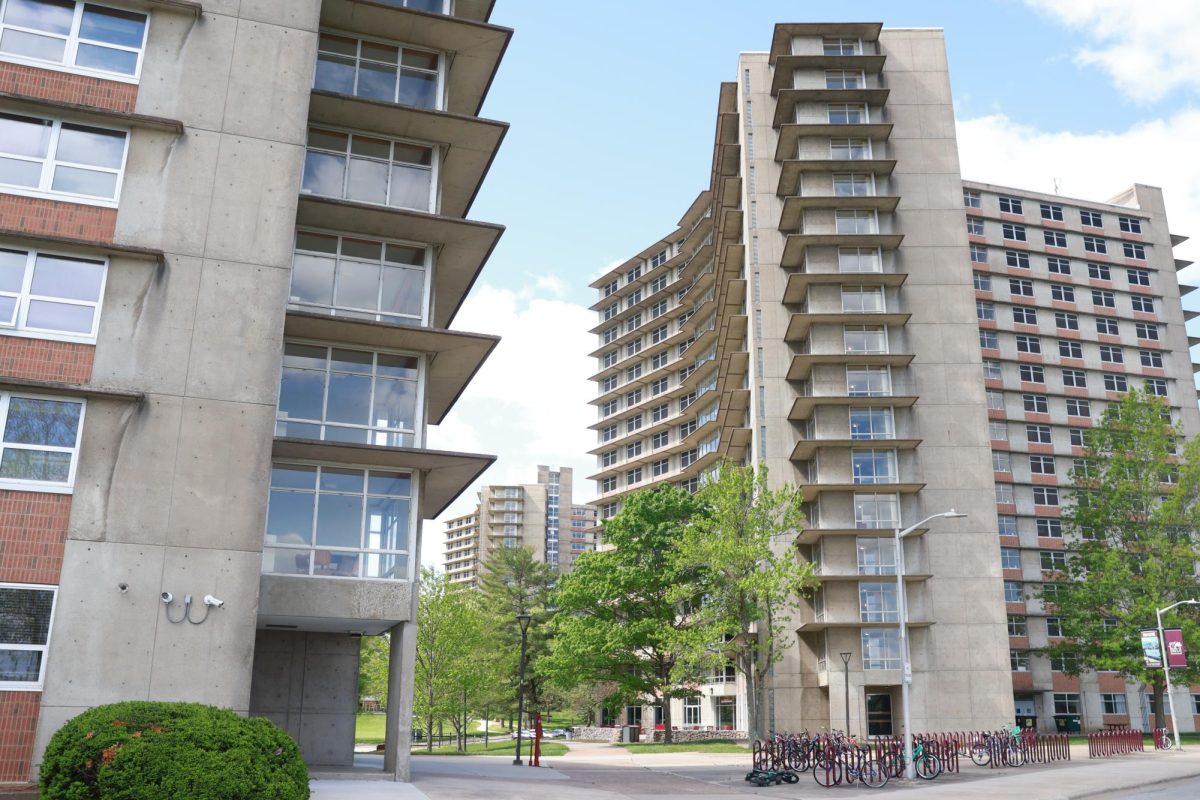Illinois faculty and students starting to feel the hurt as budget standoff hits six-month mark

January 21, 2016
Six months into the budget standoff, Illinois’ elected leaders have kept the public in the dark as to when they might start funding the grants and scholarships promised to college students.
On top of that, college employees face the aggravation of paying for health insurance but being turned away from doctor’s offices. The inability to agree on a budget means health care providers aren’t getting reimbursed by the state, and, therefore have begun refusing patients who can’t pay their full bill upfront.
The uncertainty over scholarships and healthcare makes for an uneasy atmosphere on campuses where faculty, students and staff put on a brave face publicly and say they are optimistic everything will work out.
Advertisement
But privately, many of the same people are panicked and afraid over a political deadlock that has spilled out of the state Capitol and is now hurting them financially.
So far, some Illinois colleges and universities have stepped in to minimize the pain for students.
At Southern Illinois University’s campuses in Carbondale and Edwardsville, administrators have agreed to pay low-income students the equivalent of what they would normally get from the state as part of the scholarship program known as MAP — the Monetary Award Program.
SIU President Randy Dunn called it the right thing to do.
“We really had no choice,” he said. “If we were to turn our backs on those students it would be devastating for them.”
Across both campuses, roughly 5,000 students are expected to receive MAP each semester at a cost of roughly $19 million for the 2015-16 school year.
To pay for it, Dunn said SIU had delayed payments to certain vendors, cut back on discretionary spending, including travel and purchasing, and “raided” certain reserve accounts, including one set aside to pay claims stemming from lawsuits.
Advertisement*
If the budget stalemate continues past the spring semester, several SIU administrators said it would be hard to see either campus continuing to pick up the state’s obligation much longer.
And any future budget deal should include retroactive payments to reimburse schools for MAP funding, or Dunn said schools such as SIU would have to look hard at requiring students to set up payment plans to pay the university back.
That would be a worst-case scenario, because MAP awards are given by the state as grants, not loans. Dunn said he understood that would be an extreme hardship for the state’s poorest students.
Each year, MAP provides assistance to about 130,000 students.
And while many schools have stepped up in the state’s absence and covered the cost of MAP for students, a number have said they can’t continue to do so.
An informal survey conducted by the Illinois Student Assistance Commission, in which 84 of 133 schools responded, showed that 49 percent of schools that paid for MAP last semester are not planning to pay it during the current semester.
If there is anger over the situation students at different schools find themselves in, Dunn says “it should be directed to the state of Illinois which basically abandoned our students.”
The lack of a budget has been just as nerve-wracking for faculty.
Laura Pawlow, a professor of psychology at SIUE, has twin daughters, 7, one of whom suffered a series of strokes as an infant. Because of that, her daughter regularly sees multiple healthcare providers.
Pawlow said her family got a distressing letter in October from their longtime pediatrician informing them they would either have to start paying their full bill upfront, or find a new doctor.
Pawlow said she didn’t blame her daughter’s pediatrician for sending the letter. The big practices can absorb not being reimbursed by the state; a local, private practice can’t, she said.
“What’s frustrating is that my health insurance is still coming out of my paycheck,” she said. “Our state has to get it together.”
Pawlow’s colleague, Jeffrey Sabby, an associate professor of physics, said what was most distressing was the lack of urgency he sees from the governor and the Legislature, coupled with a lack of media attention.
“It’s like the public doesn’t really know about what’s going on in higher education in this state,” he said. “We are the ones educating the future generation of Illinois and it’s like no one cares about us.”
Legislators reached this week disputed that and said they did care. None, however, offered any optimism over when the budget impasse might end.
Gov. Bruce Rauner, a Republican, has been fighting with the Democrat-controlled Legislature over state finances and business policy.
Democratic leaders are calling for a tax increase. Rauner says he’ll consider a tax increase, but only if the Legislature will pass a significant portion of his list of pro-business policy changes, including property tax freezes, stricter workers’ compensation laws and limits on the power of unions.
Democrats have argued that Rauner’s demands are not related to the budget. What it boils down to is a six-month standoff with no end in sight.
This week, Sen. Dave Luechtefeld, R-Okawville, said he didn’t see either side blinking anytime soon.
Rauner’s office did not return a request for comment.
(c)2016 the St. Louis Post-Dispatch
Visit the St. Louis Post-Dispatch at www.stltoday.com
Distributed by Tribune Content Agency, LLC.
Advertisement







